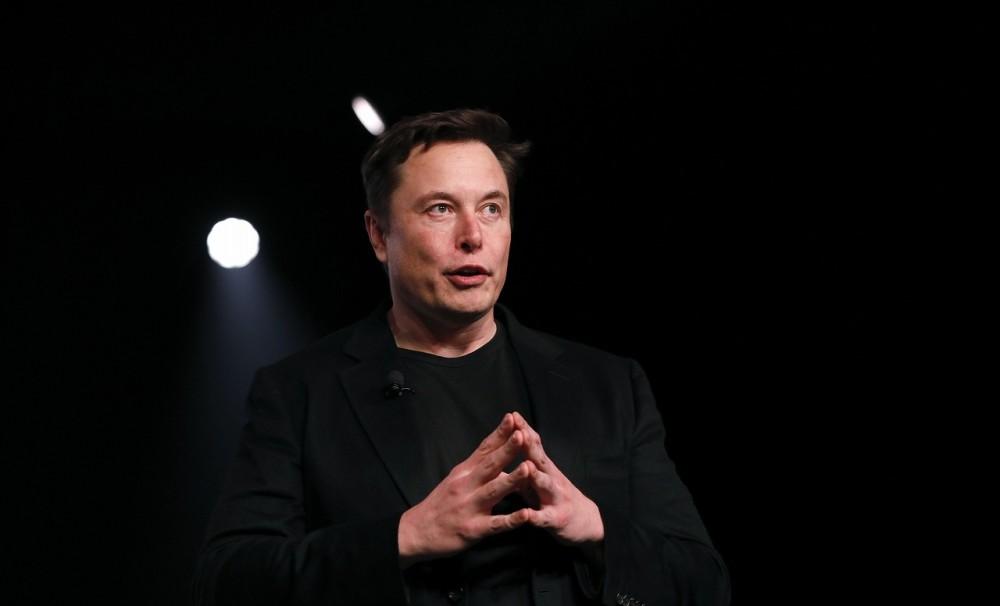文/Chris Isidore

Image source: Visual China
According to CNN Business, Elon Musk said his tax bill this year will reach $11 billion, and he may be right: His filing with the SEC about his recent stock deal backs up that huge number.
Musk revealed a total of $11 billion in tax bills on Twitter on Sunday, but other than that, he didn't give more details.
That's not much different from what he said in his twitter argument with Sen. Elizabeth Warren last week, when he said he would pay the largest personal tax bill in history this year.
This will be a huge change compared to recent years. A ProPublica investigation found that Musk and billionaires such as Jeff Bezos and Michael Bloomberg legally paid zero income taxes in 2018.
As the richest man in the world, Musk doesn't take cash wages or bonuses. Instead, he was given stock options, which gave him the right to buy Tesla's stock at the market price at which the option was issued, but most likely well below the value at which the option was exercised.
In 2012, Musk received 25.5 million spin-off-adjusted options, and as Tesla met certain operational and financial goals, he received 22.9 million of them in the years that followed. But he doesn't have to pay taxes on those options until he buys stock with them.
With the options set to expire in August 2022, Musk finally began converting them into shares in early November. He also recorded the transactions in SEC filings at the request of company insiders.
When he exercises those options, the value of newly purchased shares is taxed on income — a tax rate of 40.8 percent for those at Musk's tax bracket.
This is where the huge tax bill comes from.
According to his filings, as part of the option exercise process, Musk has been selling some of his newly acquired shares to pay the withholding tax payable on the transaction. To date, a total of 7.5 million shares have been sold in these shares, bringing in a total of $7.8 billion in gains including exercise prices.
In addition to selling shares he acquired through exercising options, he sold about 5.4 million shares he has held in the trust since the process began, though the long-term capital gains tax rate on the sale of those shares would be lower at 20 percent.
As a result, the total federal tax bills for his 2021 stock trading are about $8.4 billion.
But that may not be the end of it.
Musk exercises options and sells part of the stock as part of a pre-arranged plan that allows company insiders to trade stock without being accused of insider trading.
Based on past trades, Musk could exercise at least 4.2 million more options before the end of the year, or even all the remaining 5.7 million options that expire in August. That could increase his taxes by $1.6 billion to $2.1 billion.
So by the end of the year, he'll have close to $11 billion in tax bills.
And none of these calculations involve any potential state income taxes.
Musk has moved his residence — which is also Tesla's official residence — to Texas, where there is no state income tax on individuals. California's income tax rate is the highest in the United States, at about 12 percent. While it's unclear how much of his income would be subject to this tax, it's likely that he won't avoid paying it entirely, even though he moved to his new residence.
Musk tweeted in June: "By the way, I will continue to pay income tax in California for the length of time I spend in California, which will be very important." ”
Translated by Stephen